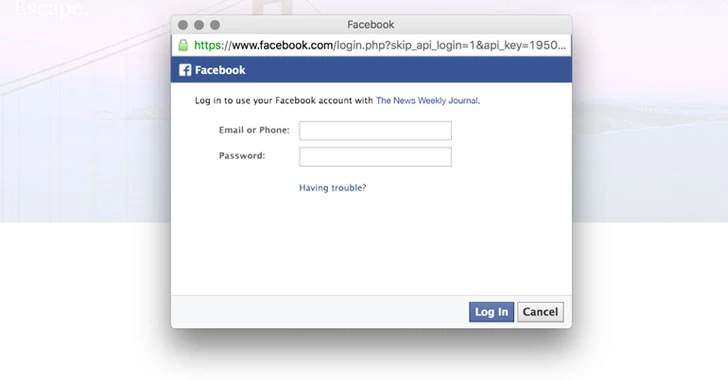
Warning: Remain cautious of suspicious links following the Orbiter Finance hack.

Users are being urged to stay vigilant and exercise caution when clicking on any links, following a recent hack targeting Orbiter Finance. Cybersecurity experts have discovered that hackers are using various fraudulent methods to trick individuals into divulging their sensitive information.
Don’t be a victim! Be aware of any suspicious links you receive and be cautious when providing personal or financial details online. These phishing attempts can come in different forms, such as emails, social media messages, or even pop-up advertisements.
The consequences of falling victim to these scams can be severe, leading to financial loss or even identity theft.
Please remember to:
- Double-check the sender’s email address or social media profile before clicking any links
- Hover over links to see the actual URL before proceeding
- Avoid sharing personal information unless you are sure of the recipient’s authenticity
- Keep your devices and antivirus software up to date
- Report any suspicious activity to the appropriate authorities
By staying alert and informed, together we can protect ourselves and prevent falling victim to cybercriminals. Let’s make our online world safer!
Orbiter Finance hack: Protect Yourself from Suspicious Links

In the wake of the recent hacking incident at Orbiter Finance, it is crucial for users to be aware of the potential dangers posed by suspicious links. Cybercriminals are increasingly sophisticated in their methods, using deceptive tactics to trick unsuspecting individuals into clicking on malicious links that can result in the compromise of personal and financial information.
Stay Vigilant and Be Informed

One of the most important steps you can take to protect yourself is to stay vigilant and be informed about the latest scams and hacking attempts. It is essential to keep up to date with news and alerts from trusted sources in order to understand the evolving strategies employed by cybercriminals.
Think Before You Click

Always exercise caution before clicking on any links, especially those that appear suspicious or are sent from unknown sources. Hover your mouse cursor over the link to preview the URL, and be wary of shortened URLs or misspellings that may indicate a phishing attempt.
Use a Reliable Antivirus Software
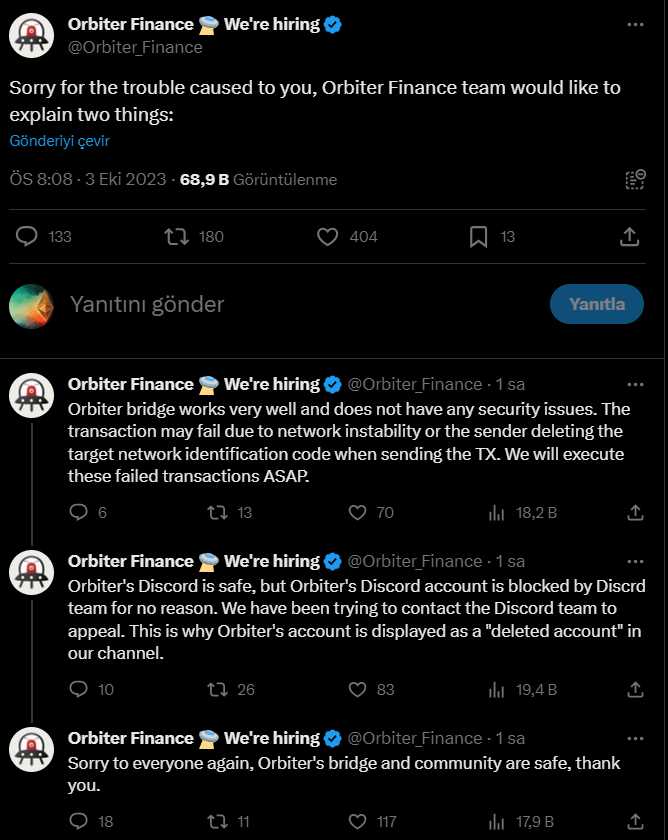
Invest in a reputable antivirus software that can provide real-time protection against malicious websites and suspicious links. Regularly update your antivirus software to ensure it has the latest virus definitions and security patches.
Enable Two-Factor Authentication

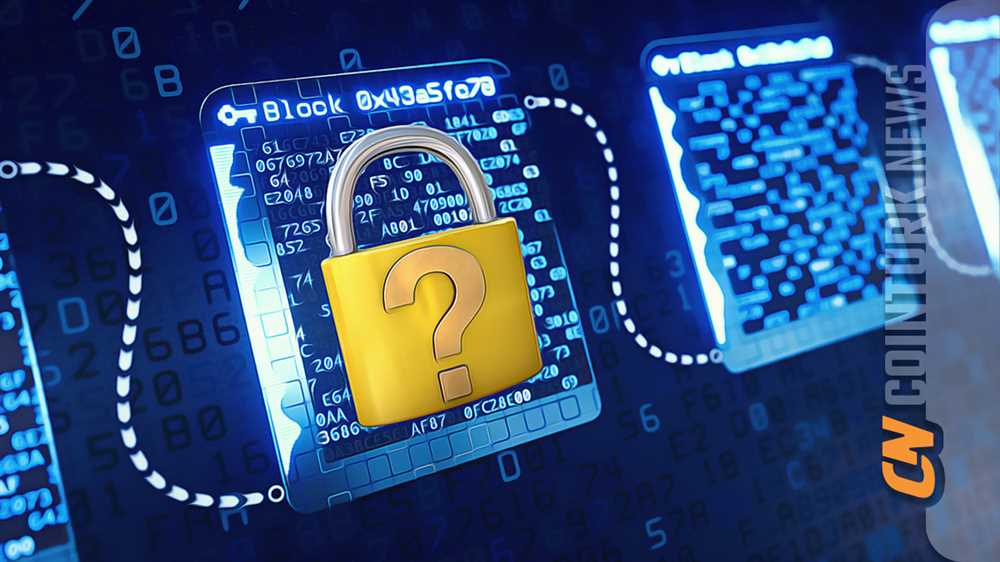
Enable two-factor authentication (2FA) whenever available. This adds an extra layer of security to your accounts by requiring a second form of verification, such as a fingerprint scan or a one-time password sent to your mobile device, in addition to your password.
Be Skeptical of Unsolicited Emails and Messages
Be cautious of unsolicited emails, messages, or social media posts that contain links, especially if they ask for personal or financial information. Legitimate organizations will not usually request sensitive information through such channels. If in doubt, contact the organization directly through their official website or customer service hotline.
By following these precautions and adopting a proactive approach to cybersecurity, you can significantly reduce the risk of falling victim to phishing attacks and safeguard your personal and financial information.
Stay on Guard
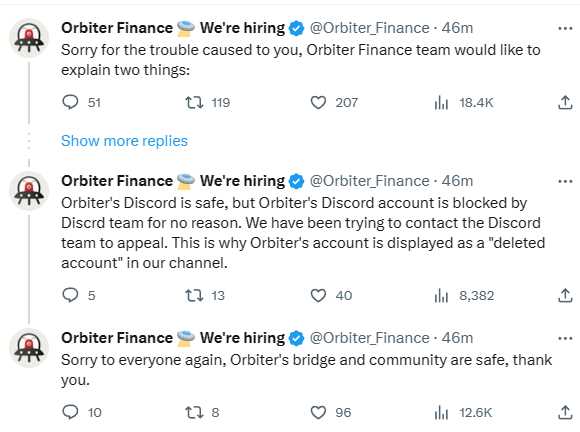
In today’s digital age, it is more important than ever to stay vigilant and protect yourself from online threats. The recent hack of Orbiter Finance serves as a stark reminder of the risks we face when navigating the online world.
One of the most common ways hackers try to gain access to personal information is through suspicious links. These links can be disguised as legitimate websites or messages, making it difficult to differentiate between what is safe and what is not.
Here are some tips to help you stay on guard:
1. Verify the source: Before clicking on any link, take a moment to verify the source. Look for any red flags such as spelling errors or suspicious URLs. If something seems off, trust your instincts and avoid clicking.
2. Think before you click: Be cautious when clicking on links, especially if they are sent to you unexpectedly. Think about whether the link is relevant to your current activities or if it seems out of place. Always err on the side of caution.
3. Update your software: Keeping your software, including your antivirus and operating system, up to date is crucial in staying protected. Software updates often come with security patches that address vulnerabilities that hackers could exploit.
4. Use strong and unique passwords: Creating strong and unique passwords for your online accounts adds an extra layer of protection. Avoid using easily guessable passwords or reusing them across multiple platforms.
5. Be cautious with personal information: Be mindful of the personal information you share online. Avoid providing sensitive information unless you are certain of the legitimacy of the website or request.
6. Educate yourself: Stay informed about the latest online threats and scams. Familiarize yourself with common phishing techniques and other tactics used by hackers. The more knowledge you have, the better equipped you will be to identify and avoid potential threats.
Remember, your online safety is in your hands. By staying on guard and following these tips, you can significantly reduce your risk of falling victim to online scams and hacks.
Recognize Beware of Links

It is crucial to recognize and be wary of suspicious links, especially in the wake of the recent Orbiter Finance hack. Cybercriminals often use deceptive methods to trick users into clicking on malicious links that can compromise their personal information or infect their systems with malware.
To protect yourself and your sensitive data, here are some tips to help you recognize and avoid dangerous links:
- Be cautious of unsolicited emails: Be skeptical of emails from unknown senders or those that seem suspicious. Exercise caution when opening emails, especially if they contain links.
- Check the URL: Before clicking on any link, hover over it to see the actual URL it leads to. Be wary of URLs that seem unusual or different from what you would expect.
- Look for spelling and grammar mistakes: Cybercriminals often make spelling and grammar mistakes in their phishing attempts. If you notice any errors in the link or email content, it may be a red flag.
- Don’t trust shortened URLs: Be cautious of shortened URLs, as they can hide the true destination. Use URL expansion tools to reveal the full URL before clicking.
- Use security software: Install reputable anti-malware software on your devices to protect against phishing attempts and malicious links.
By being vigilant and aware of these tips, you can significantly reduce the risk of falling victim to phishing attacks and protect your personal information online. Always remember to think twice before clicking on any suspicious link.
Secure Your Finances

In today’s digital age, securing your finances is more important than ever. With the increasing prevalence of online scams and hacks, it is vital to take proactive measures to protect your financial information. Here are some tips to help you secure your finances:
Use Strong and Unique Passwords
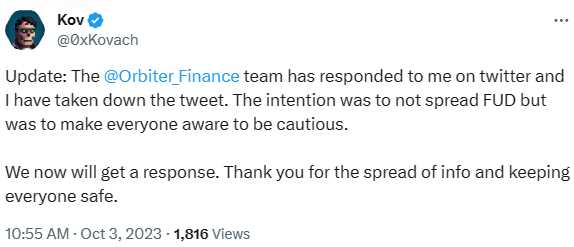
One of the simplest yet most effective ways to protect your finances is by using strong and unique passwords for all of your online accounts. Avoid using easily guessable passwords such as your birthdate or the word “password”. Instead, create a password that includes a combination of uppercase and lowercase letters, numbers, and special characters.
Enable Two-Factor Authentication
Two-factor authentication adds an extra layer of security to your online accounts by requiring you to provide a second form of verification, such as a code sent to your phone, in addition to your password. This helps ensure that even if your password is compromised, a hacker would still need physical access to your phone to gain access to your accounts.
Be cautious of phishing attempts
Phishing is a common technique used by hackers to trick individuals into revealing their personal information. Be cautious of suspicious emails, text messages, or websites asking for sensitive information such as your bank account details or social security number. Always verify the legitimacy of the source before providing any information.
Regularly monitor your accounts
Keep a close eye on your financial accounts and transactions. Regularly review your bank and credit card statements to identify any unauthorized charges or suspicious activity. If you notice anything unusual, contact your financial institution immediately to report it.
Secure Your Finances is a top priority in today’s digital world. By following these tips and taking proactive measures, you can protect yourself from potential financial fraud and ensure the safety of your hard-earned money.
Q&A:
What is Orbiter Finance?
Orbiter Finance is a platform that enables users to trade cryptocurrencies and participate in decentralized finance (DeFi) projects.
What happened with Orbiter Finance?
Orbiter Finance has recently been hacked, and users are being urged to be vigilant of suspicious links. It is advised to avoid clicking on any links that claim to be related to Orbiter Finance and to be cautious with their personal information.
What should I do if I receive a suspicious link related to Orbiter Finance?
If you receive a suspicious link related to Orbiter Finance, it is recommended to not click on it. Instead, you should report it to the Orbiter Finance team and delete the message. It is important to protect your personal information and avoid falling victim to phishing attempts.


